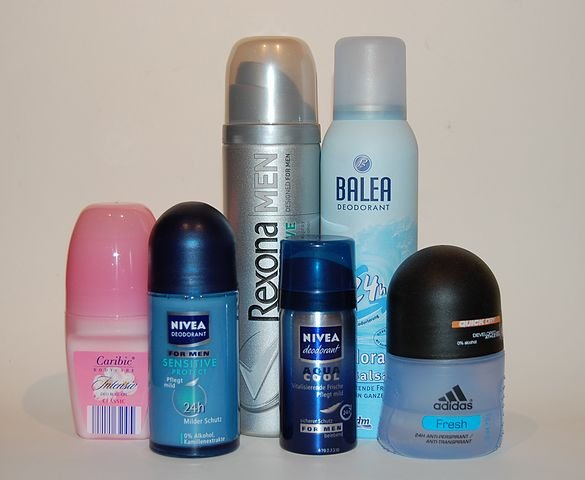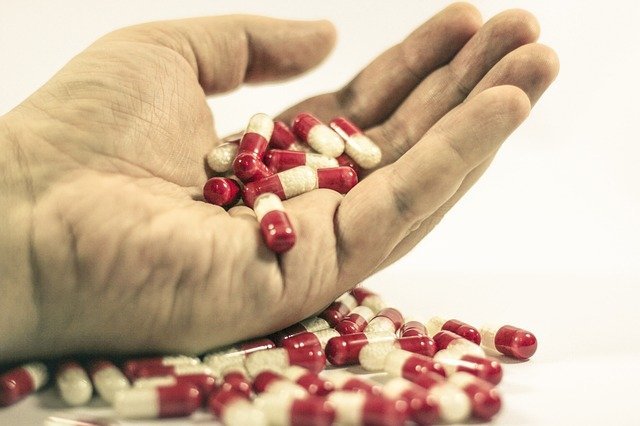Certain antibacterial soaps have been banned by the Food and Drug Administration (FDA) due to the recent discovery that they are no more effective at killing germs than ordinary soap and water. In fact, the FDA says they may be more harmful.
A list of 19 banned chemicals has been created in order to stop antibacterial soap makers from claiming that these ingredients improve germ-fighting capabilities. This list includes triclosan and triclocarban, which are commonly found in antibacterial products.
Dr. Janet Woodcock, director of the FDA’s Center for Drug Evaluation and Research, said: “Consumers may think antibacterial washes are more effective at preventing the spread of germs, but we have no scientific evidence that they are any better than plain soap and water. In fact, some data suggests that antibacterial ingredients may do more harm than good over the long-term.”
Why now?
The debate about the effectiveness of antibacterial soaps has been going on for over a decade, with studies already showing that there’s no real advantage of using these products over ordinary soap.
Research from 10 years ago even suggested that triclosan products could increase the presence of a dangerous and drug-resistant bacteria, but further studies needed to be done to prove it.
Due to safety concerns, the FDA already considered a ban on all antibacterial products in 1978, but the issue was released and forgotten until 2010. That year, the Natural Resources Defense Council put in a request for the FDA to once again address the claims made by antibacterial products, which has kept the agency busy for the last 6 years.
After studying the data carefully, the agency has decided to go ahead with its original intention to ban antibacterial products that contain triclosan due to the lack of evidence to prove any benefits in using them. 
How have soap-makers responded?
In 2013, the FDA instructed antibacterial soap makers to prove the safety and effectiveness of triclosan and triclocarban in their products. However, many companies responded by simply replacing these chemicals with new ones instead of funding further research.
The new chemicals include benzalkonium chloride and chloroxylenol, which are not yet on the list of banned ingredients. However, the FDA has now given companies one year to prove the effectiveness of the new chemicals or their products will be removed from the market.
Where is the soap still allowed?
At present, the FDA is targeting the mainstream market of soap products, which means that hospitals and the food service industry are currently still able to use these antibacterial products. However, there are future plans in place to address the cleaning product choices used within these industries.
The American Cleaning Institute (ACI) is currently working with companies to ensure that they provide sufficient data on their chosen ingredients to prevent any future banning.
What should you use?
ACI released a statement that said: “Consumers can continue to use antibacterial soaps with confidence as they have for decades in millions of homes, offices, schools, daycare centers and other commercial settings.”
The FDA says that triclosan is used in approximately 2000 cleaning products, which includes toothpaste, hand sanitizers, body wash, mouthwash, and soap.
While it has not yet been definitely proven to be hazardous to human health, the ban originates from the fact that the claims of its benefits are yet to be substantiated.
Sources:
https://www.beyondpesticides.org/programs/antibacterials/triclosan
https://www.nature.com/nature/journal/v394/n6693/abs/394531a0.html
https://www.sciencedirect.com/science/article/pii/S0196655396900176
https://www.sciencedirect.com/science/article/pii/S0196655301147000
https://europepmc.org/abstract/med/9385176
https://cid.oxfordjournals.org/content/45/Supplement_2/S137.short






